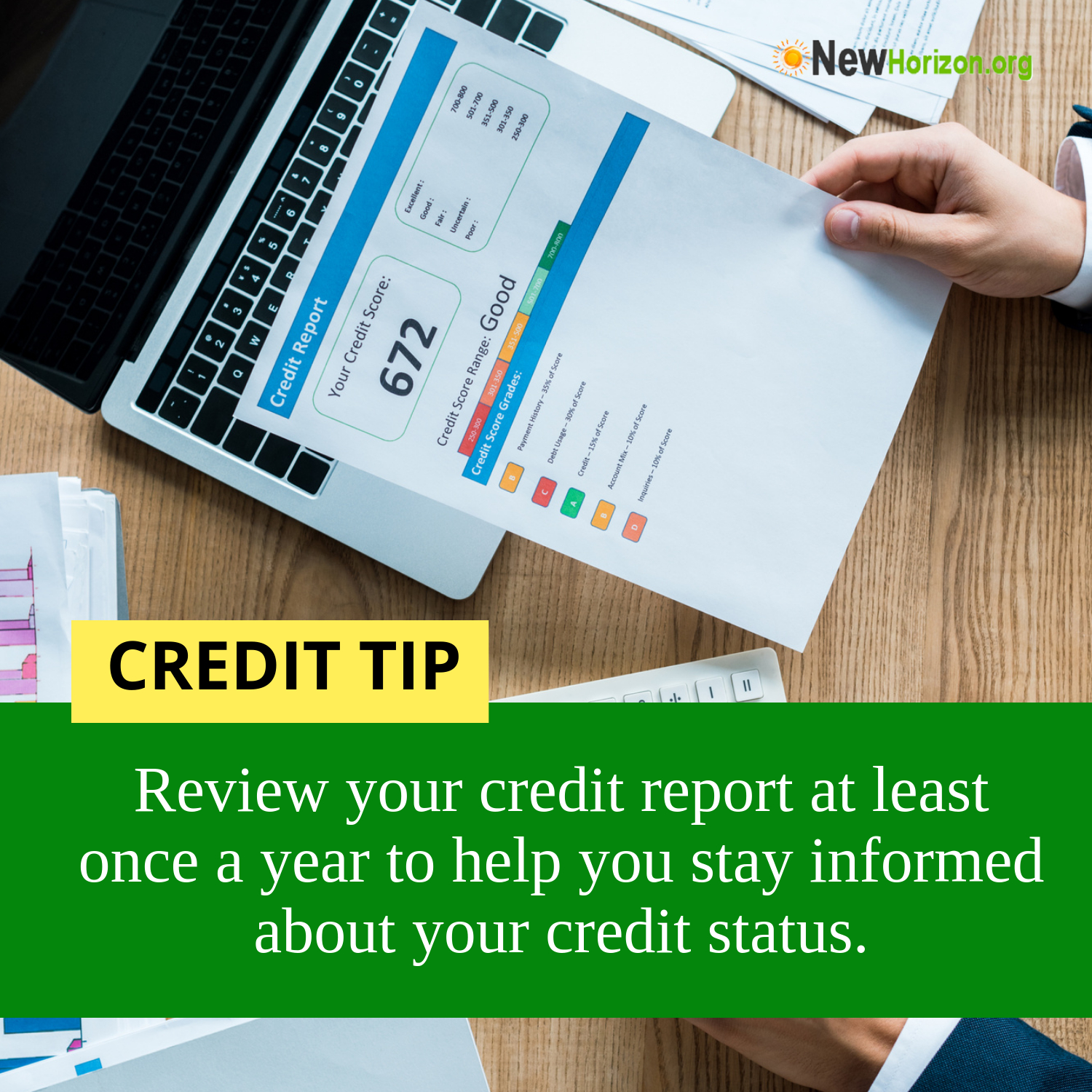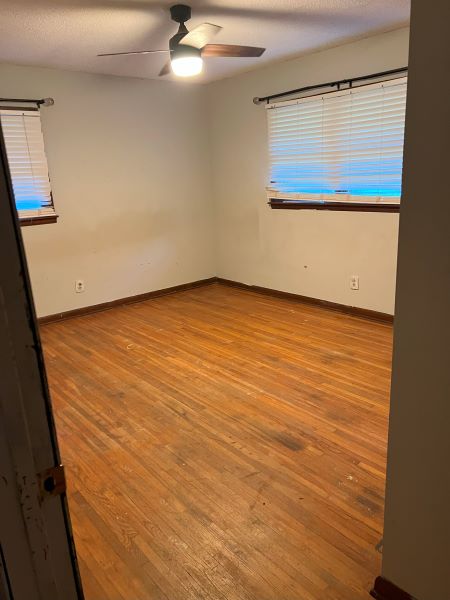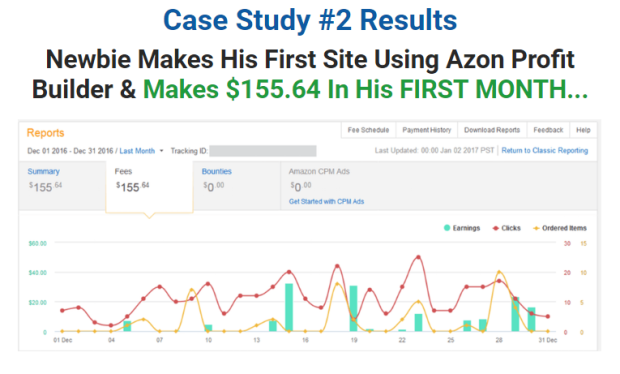Building credit takes time. Unlike a savings account or mutual fund, your credit cannot be built overnight. You must be patient and actively work on improving your credit-worthines over time.
Even if you have a short credit history or poor credit, your FICO scores can be raised if you continue to practice good credit habits like timely payments and limiting the amount you borrow.
Why start building your credit now?
Building credit requires time. If you’re young and just starting out or recently moved to the US, you may wonder why building your credit is important. After all, you don’t have any significant financial obligations yet, so what’s the big deal?
The truth is that one of the most crucial aspects of your financial life is your credit score. It determines everything, including whether you’ll be granted a loan and the interest rate you’ll pay.
Whether starting from zero or repairing bad credit, there is always time to start building your credit. Create a fantastic path for your adult life by starting right away! There is no better time to start than the present moment.
- Payment history (35{e6a1e97ec1a15155ca0ed8c3e87721e561c99ed6e52274045963a20278fc2089} of score)
- Amounts owed (30{e6a1e97ec1a15155ca0ed8c3e87721e561c99ed6e52274045963a20278fc2089} of score)
- Length of credit history(15{e6a1e97ec1a15155ca0ed8c3e87721e561c99ed6e52274045963a20278fc2089} of score)
- Credit mix (10{e6a1e97ec1a15155ca0ed8c3e87721e561c99ed6e52274045963a20278fc2089} of score)
- New credit (10{e6a1e97ec1a15155ca0ed8c3e87721e561c99ed6e52274045963a20278fc2089} of score)
After your payments have been reported to your credit report for at least 6 months , you will find that you have built up your credit profile sufficently to generate a credit score.
Understanding Credit Scoring Models
In the United States, when it comes to credit scoring models, the two heavyweights you need to know are FICO and VantageScore. The FICO score, created by the Fair Isaac Corporation, is the go-to for most lenders.
It assesses your creditworthiness based on five crucial factors: payment history, amounts owed, length of credit history, new credit, and credit mix. Your FICO score will range from 300 to 850, with a higher score indicating better credit health. Lenders favor this model because it reliably predicts how likely you are to repay your loans.
On the other hand, we have VantageScore, a model developed by the three major credit bureaus—Equifax, Experian, and TransUnion. It also spans from 300 to 850 but uses a different mix of criteria compared to FICO.
VantageScore puts more weight on recent credit behavior and trends, evaluating factors like total credit usage, balances, available credit, and payment history, as well as the depth of your credit.
This model is gaining traction among lenders and consumers for its inclusivity, especially for those with limited credit histories.
While both FICO and VantageScore aim to give a full picture of your creditworthiness, they use distinct methodologies, which can lead to score differences.
Credit Improvement Tips
1. Open A Secured Account
Secured credit cards are the preferred way for first time credit card holds to build credit. In fact many credit repair specialist use secured credit cards as the starting point to helping their clients rebuild their credit. There are some secured credit card companies that won’t even pull credit, thus some of them offer guaranteed approval. To start building credit using one of these cards you simply have to do the following:
- Choose the secured card you want to build credit with.
- Send the bank your security deposit. Keep in mind that your security deposit will match your credit limit. I alsways advise my clients to open their secured card with a minimum of $500. Why? Because if you open it with only $200 you will constantly find yourself near or close to your credit limit. And your credit score will drop because of high utilization. If you do open it with a small security deposit, make it a habit to pay off your card monthly in full.
- Make your payments on time and you will watch your credit rating soar! Also, within 6 months to a year, your security deposit will be returned to you and you will have an unsecured line of credit.
Who would have imagined that paying your utility bills on time could be part of your credit journey and lead to a good credit score! While not commonly considered, your monthly utility and phone payments can be reported to the credit bureaus. Services like Experian Boost and eCredable Lift allow you to add these payments to your credit report. Since timely payments on utilities and phone bills demonstrate financial responsibility, including them can positively impact your credit rating.
2. Credit Builder Loans
Credit builder loans are a great way to start building credit Unlike traditional loans, the amount you borrow is held in a bank account while you make payments. Once the loan is fully paid off, you receive the funds. These payments are reported to the credit bureaus, helping to establish a positive payment history. It’s a low-risk way to build credit, as the loan is essentially secured by the amount you’re borrowing.
Also keep in mind that credit builder loans are considered installment loans. So it will add to your credit mix. Not all credit builder loan companies report to the credit bureaus but you can self report them. Just remember to submit your payment histor to all 3 of the major credit bureaus.
3. Join A Credit Union
Credit unions often offer more personalized financial products and may be more willing to work with individuals who have bad or no credit. By joining a credit union, you might have access to low-interest loans and credit-building products that are not available through traditional banks. Additionally, credit unions typically report to the credit bureaus, helping you establish credit through their products.
4. Take out a personal loan on a peer to peer lending platform
Peer-to-peer lending platforms, like LendingClub or Prosper, connect borrowers with individual lenders. While these platforms typically require a credit check, they may have more flexible criteria than traditional banks. Successfully securing and repaying a peer-to-peer loan can be reported to the credit bureaus, helping to build or rebuild your credit.
 5. Next Step
5. Next Step
It is a good practice to order credit checks annually, even after your credit card or loan has been approved. If you find an error on your credit report, take the necessary steps to fix this as soon as possible because this will have the most considerable effect.
With the right work ethic and habits, you could build sufficient credit quality. Yes, it will take you time to establish and grow a good credit score, but if you can develop and maintain it, you can be confident that there is no need for you to worry about facing any rise in interest rates or monthly payments.
Get started now in one of the quick steps. Look more into our various credit builder credit cards and loan offers under Unsecured Credit Card or our Credit Builder loan program.
6 Things To Avoid While Building Credit Or Rebuilding Your Credit
1. Late Payments
Why to Avoid: Paying bills late is a fast track to credit disaster. It’s like forgetting to water your plants and then wondering why they’re wilting.
Impact: Payment history makes up 35{e6a1e97ec1a15155ca0ed8c3e87721e561c99ed6e52274045963a20278fc2089} of your FICO score. Even one missed payment can knock your score down significantly and stay on your credit report for seven years.
How to Avoid: Set up automatic payments or reminders. Create a budget that ensures you have the funds to cover your bills on time, every time.
 2. Maxing Out Your Credit Cards
2. Maxing Out Your Credit Cards
Why to Avoid: Running up high balances is like eating junk food all day long—it feels good at the moment but leads to long-term problems.
Impact: Your credit utilization ratio, which is the amount of credit you’re using compared to your credit limits, accounts for 30{e6a1e97ec1a15155ca0ed8c3e87721e561c99ed6e52274045963a20278fc2089} of your score. High utilization can signal to lenders that you’re overextended financially.
How to Avoid: Aim to keep your credit card balances below 30{e6a1e97ec1a15155ca0ed8c3e87721e561c99ed6e52274045963a20278fc2089} of your total credit limit. Better yet, pay off your balance in full each month to avoid interest charges and keep your utilization ratio low.
3. Applying for Too Much Credit at Once
Why to Avoid: Applying for several credit cards or loans in a short period can make you look desperate for cash.
Impact: Each credit application results in a hard inquiry on your report, which can temporarily lower your score. Multiple inquiries in a short time frame can have a compounding negative effect.
How to Avoid: Be selective about when and where you apply for credit. Only seek new credit when absolutely necessary and space out your applications to minimize the impact on your score.
 4. Closing Old Credit Accounts
4. Closing Old Credit Accounts
Why to Avoid: Closing old accounts can shorten your credit history, which is like throwing away your childhood photos—they’re part of your story.
Impact: The length of your credit history contributes to 15{e6a1e97ec1a15155ca0ed8c3e87721e561c99ed6e52274045963a20278fc2089} of your credit score. Older accounts help establish a long and positive credit history.
How to Avoid: Keep your oldest accounts open and use them occasionally to keep them active. If you’re worried about annual fees, consider switching to a no-fee version of the card if possible.
5. Co-Signing
Why to Avoid: Co-signing a loan or apartment lease is never a good idea. Even for family. Ok, MAYBE your mother. But it can undo all the good you have done for your credit along with leaving you in debt, obligated to pay for something you never used!
Impact: When you co-sign, you’re equally responsible for the debt. If the primary borrower misses payments or defaults, it affects your credit just as much as theirs. This can lead to unexpected hits to your credit rating and potential financial strain.
How to Avoid: Think long and hard before co-signing for anyone, even family or close friends. If you do decide to co-sign, ensure you can afford to take over the payments if necessary.
 6.Neglecting to Build an Emergency Fund
6.Neglecting to Build an Emergency Fund
Why to Avoid: Without an emergency fund, unexpected expenses can push you into debt faster than you can say “car repair.”
Impact: Using credit cards to cover emergencies can lead to high balances and interest charges. An emergency fund acts as a financial cushion, preventing the need to rely on credit in tough times.
How to Avoid: Aim to save at least three to six months’ worth of living expenses in an easily accessible account. Start small and consistently add to your fund to build it over time.
Frequently Asked Questions About Building Credit
- What is a thin credit file?
A thin credit file is like trying to judge a book by its cover when there are barely any pages inside. It means there’s limited information on your credit report, making it difficult for lenders to gauge your creditworthiness. This often happens to young adults just starting out, recent immigrants, or anyone who hasn’t used credit extensively. With a thin credit file, it’s a challenge to qualify for loans or credit cards because lenders don’t have enough data to assess your financial behavior. But don’t fret—there are plenty of ways to bulk up that file and build a solid credit history!
- What is considered a “solid credit history”?
It means you’ve got a robust track record of managing credit responsibly over time. This includes a mix of credit types, like credit cards, auto loans, and maybe even a mortgage, all with a history of on-time payments and low balances. Think of it as a well-rounded, colorful tapestry of financial responsibility that tells lenders, “I’m a good credit risk!” With a solid credit history, you’ll find it much easier to secure loans, get favorable interest rates, and unlock the best financial opportunities. It’s the financial equivalent of a gold star report card!
- I’m not a college student, but can I apply for a student credit card to help me build credit?
If you’re not a college student, applying for a student credit card can be tricky. Most student credit cards are specifically designed for those enrolled in college, and issuers typically require proof of enrollment. However, don’t worry! There are other great options available to help you build credit, like secured credit cards or credit builder loans. These alternatives are designed to help people with limited or no credit history establish a solid credit profile. So while a student card might be off the table, you’ve still got plenty of avenues to start building your credit!
- I got turned down for a credit card due to the length of credit history. What does that mean and what is the ideal credit history length?
Getting turned down for a credit card due to the length of your credit history means that lenders feel you haven’t had credit long enough for them to evaluate your creditworthiness. They’re looking for a proven track record of managing credit responsibly. Ideally, lenders like to see several years of credit history, with a mix of credit types, to feel confident in your ability to handle new credit. A good goal is at least three to five years of positive credit activity. But don’t be discouraged—focus on building and maintaining good credit habits, and your history will lengthen and strengthen over time.
- How can I convince my family member to make me an authorized user on their credit card?
Convincing a family member to make you an authorized user on their credit card requires a mix of honesty and reassurance. Start by explaining how being an authorized user can significantly help you build or improve your credit score, which is crucial for your financial future. Reassure them that you don’t necessarily need to use the card—instead, you’ll benefit from their positive credit history. Emphasize your commitment to financial responsibility and suggest setting clear boundaries, like not giving you a physical card or limiting your access to the account. Open communication and a clear plan can go a long way in gaining their trust and support.






















